Physics from Fisher Information: A Unification
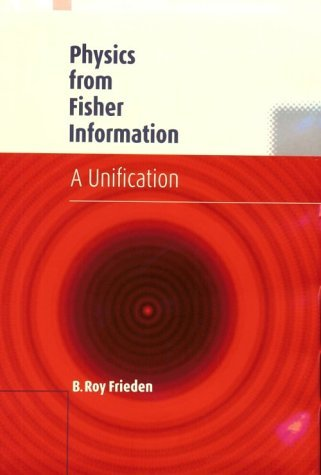
Summary
This book defines and develops a unifying principle of physics, that of 'extreme physical information'. The information in question is, perhaps surprisingly, not Shannon or Boltzmann entropy but, rather, Fisher information, a simple concept little known to physicists. Both statistical and physical properties of Fisher information are developed. This information is shown to be a physical measure of disorder, sharing with entropy the property of monotonic change with time. The information concept is applied 'phenomenally' to derive most known physics, from statistical mechanics and thermodynamics to quantum mechanics, the Einstein field equations, and quantum gravity. Many new physical relations and concepts are developed, including new definitions of disorder, time and temperature. The information principle is based upon a new theory of measurement, one which incorporates the observer into the phenomenon that he/she observes. The 'request' for data creates the law that, ultimately, gives rise to the data. The observer creates his or her local reality.
Similar Books
-
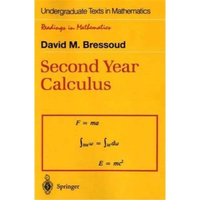 Second Year Calculus
Second Year Calculusby David M. Bressoud
-
 Mathematical Ideas in Biology
Mathematical Ideas in Biologyby John Maynard Smith
-
 Elementary Particles: Building Blocks Of Matter
Elementary Particles: Building Blocks Of Matterby Harald Fritzsch
-

-
 Theory of Bergman Spaces
Theory of Bergman Spacesby Hakan Hedenmalm
-
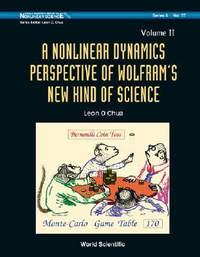
-
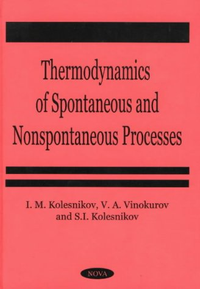 Thermodynamics of Spontaneous and Non-Spontaneous Processes
Thermodynamics of Spontaneous and Non-Spontaneous Processesby S. I. Kolesnikov
-
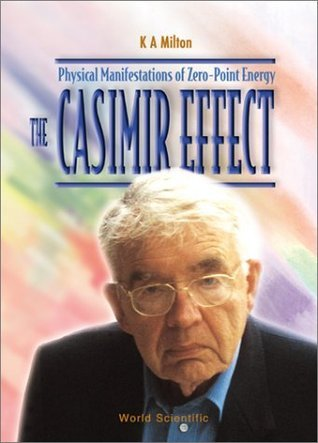 The Casimir Effect
The Casimir Effectby Department of Physics Kimball A Milton
-
 Topological Quantum Field Theory and Four Manifolds
Topological Quantum Field Theory and Four Manifoldsby José M.F. Labastida
-
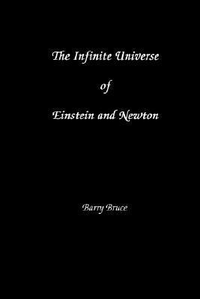 The Infinite Universe of Einstein and Newton
The Infinite Universe of Einstein and Newtonby Barry Bruce
-
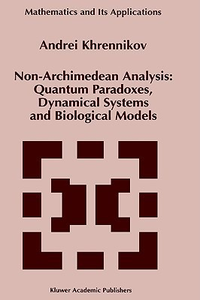 Non-Archimedean Analysis: Quantum Paradoxes, Dynamical Systems and Biological Models
Non-Archimedean Analysis: Quantum Paradoxes, Dynamical Systems and Biological Modelsby Andrei Y. Khrennikov
-
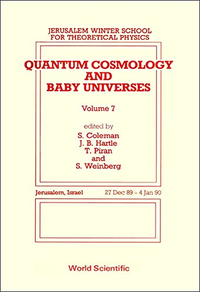
-
 Unification Of Classical, Quantum And Relativistic Mechanics And Of The Four Forces
Unification Of Classical, Quantum And Relativistic Mechanics And Of The Four Forcesby J.X. Zheng-Johansson
-
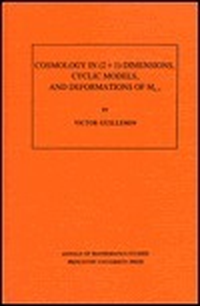
-

-
 System Control and Rough Paths
System Control and Rough Pathsby Terry Lyons
-
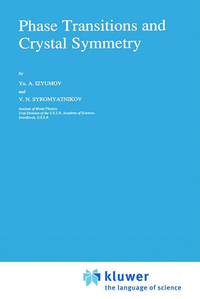 Phase Transitions and Crystal Symmetry
Phase Transitions and Crystal Symmetryby Yurii Aleksandrovich Izyumov